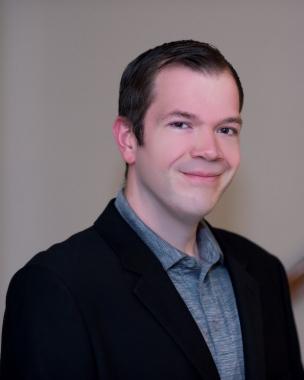Speaker: William Pittman, PhD
 William Pittman, PhD
William Pittman, PhD
Micropack (Detection) Americas
800 Town and Country Blvd, Houston TX, 77024
Dr. Pittman holds a Ph.D. in Chemical Engineering from Texas A&M University and received the university’s Safety Engineering Certificate in August 2015. He has 10 years of experience with process safety research, working mostly with Texas A&M’s Mary Kay O’Connor Process Safety Center (MKOPSC). After receiving his doctorate, he briefly served as a post-doctoral research scientist with MKOPSC before joining Smith and Burgess to work as a Safety Relief Engineer. He now works with Micropack (Detection) Americas as a Fire and Gas Detection Consultant. He has worked in fire protection for 2 years.
He has authored or co-authored 7 peer-reviewed papers and numerous technical papers on topics including the West Fertilizer explosion, risk communication, confirmation of process de-energization and fire protection. He was the instructor for Texas A&M’s Industrial Safety Engineering class as well as short-courses offered by MKOPSC.
Topic: Accounting for the Impact of Real World Environmental Factors on the Performance of Optical Flame Detectors Using FM3260 Data
Optical flame detectors are widely used in the oil and gas and process industries to detect fires more rapidly than is possible with other detection technologies. The detectors use electromagnetic radiation at frequencies that are characteristic and indicative of the types of fires they are designed to detect to determine when a fire has started. This is what allows the detectors to respond more rapidly than other detection systems - light travels faster than heat or smoke and in more directions. However, this method of detection also exposes the detectors to a host of potential false alarm stimuli that can cause spurious alarms. These radiant noise sources may desensitize the detectors monitoring an area, rendering the FGS less capable of responding to the genuine fires that operators rely on the system to mitigate. This can even prevent detectors from responding to fires completely, even in cases where there is a clear line of sight from the detector to the fire.
The potential for such desensitization is well documented and known within the industry. Even so, fire and gas systems are sometimes designed without consideration for this in-field loss of sensitivity and reduced system performance, creating the potential for the system to fail to danger. This presentation examines the extent to which false alarm stimuli can degrade the performance of optical flame detectors, and how this can be quantified and accounted for in coverage assessments. This is accomplished by reviewing detector performance test data that is generated by unbiased third parties and often made available to the public in the operating manuals for the detectors and through use of hazard mapping software.
Costs:
The lunch menu is an all-inclusive buffet style for $16 per person and STS-AIChE subsidizes the lunch by $5. The non-refundable $11 registration fee includes the subsidized lunch buffet and attendance for the lunch presentation and networking. Pre-registration reserves your seat and walk-ins welcome on an as available basis. STS-AIChE members as well as non-members are welcome to attend. Select the below button to pre-register for this event:
Have suggestions, ideas, comments or want to recommend a speaker for future FFNL events? Contact William Pittman at WilliamPittman@micropackamericas.com.
- Log in to post comments
